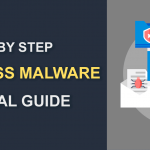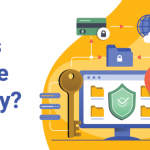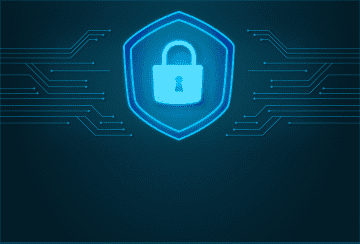Understanding the Basics of Website Security
March 28, 2024 | By Admin

Key Components of Website Security in Today’s Digital Landscape
Website security encompasses a range of practices and technologies designed to protect web servers, web users, and their data from various cyber threats. One of the primary components is a Secure Sockets Layer (SSL) certificate, which encrypts data transferred between a user's browser and the website, ensuring that sensitive information like login credentials and personal details are secure from interception. Another crucial aspect is regular software updates. Whether it's your Content Management System (CMS), plugins, or server software, keeping everything up to date is vital to patch security vulnerabilities that hackers could exploit. Additionally, implementing strong access control measures is key. This includes using strong, unique passwords for all admin accounts and employing two-factor authentication where possible. Limiting user access to only what is necessary for their role is also essential, reducing the risk of internal security breaches.Essential Security Measures to Protect Your Website
Several essential security measures should be in place to safeguard your website. Installing a web application firewall (WAF) can help protect your site from various attacks by filtering and monitoring HTTP traffic between a web application and the Internet. Regularly backing up your website is also critical. In the event of a security breach or data loss, having a recent backup ensures that your website can be restored quickly and efficiently. Furthermore, regular security audits and vulnerability scans can help identify and rectify security weaknesses before attackers exploit them.Understanding Common Security Threats and How to Avoid Them
Staying informed about common security threats is vital for any website owner. One of the most prevalent threats is malware, malicious software designed to harm or exploit any programmable device or network. Implementing robust anti-malware software and regularly scanning your website can help detect and remove malicious code. Another significant threat is phishing attacks, where attackers attempt to trick users into providing sensitive information. Educating your team and website users about the signs of phishing can help mitigate this risk. Additionally, Distributed Denial of Service (DDoS) attacks, where attackers overwhelm a website’s server with excessive traffic, can be mitigated by using DDoS protection services.Why Choose cWatch for Website Security?
In the realm of website security, selecting an exemplary service is critical. cWatch emerges as a comprehensive solution, offering a suite of tools designed to protect, monitor, and enhance the security of websites. This article delves into why cWatch stands out in the crowded field of website security services. Comprehensive Security Suite cWatch provides an all-encompassing approach to website security. This suite includes several essential components:- Web Application Firewall (WAF): cWatch’s WAF offers real-time protection against various threats, including SQL injection, cross-site scripting, and DDoS attacks. It effectively filters out malicious traffic before it reaches your website, ensuring uninterrupted and secure website operations.
- Malware Detection and Removal: The service actively scans for malware and removes it, safeguarding your website from malicious code that could harm your site or your visitors.
- Content Delivery Network (CDN): cWatch’s CDN improves your website’s load times globally and enhances security. It provides an additional layer of defense by distributing web traffic across multiple servers, reducing the impact of DDoS attacks.


 (4 votes, average: 3.25 out of 5, rated)
(4 votes, average: 3.25 out of 5, rated)








